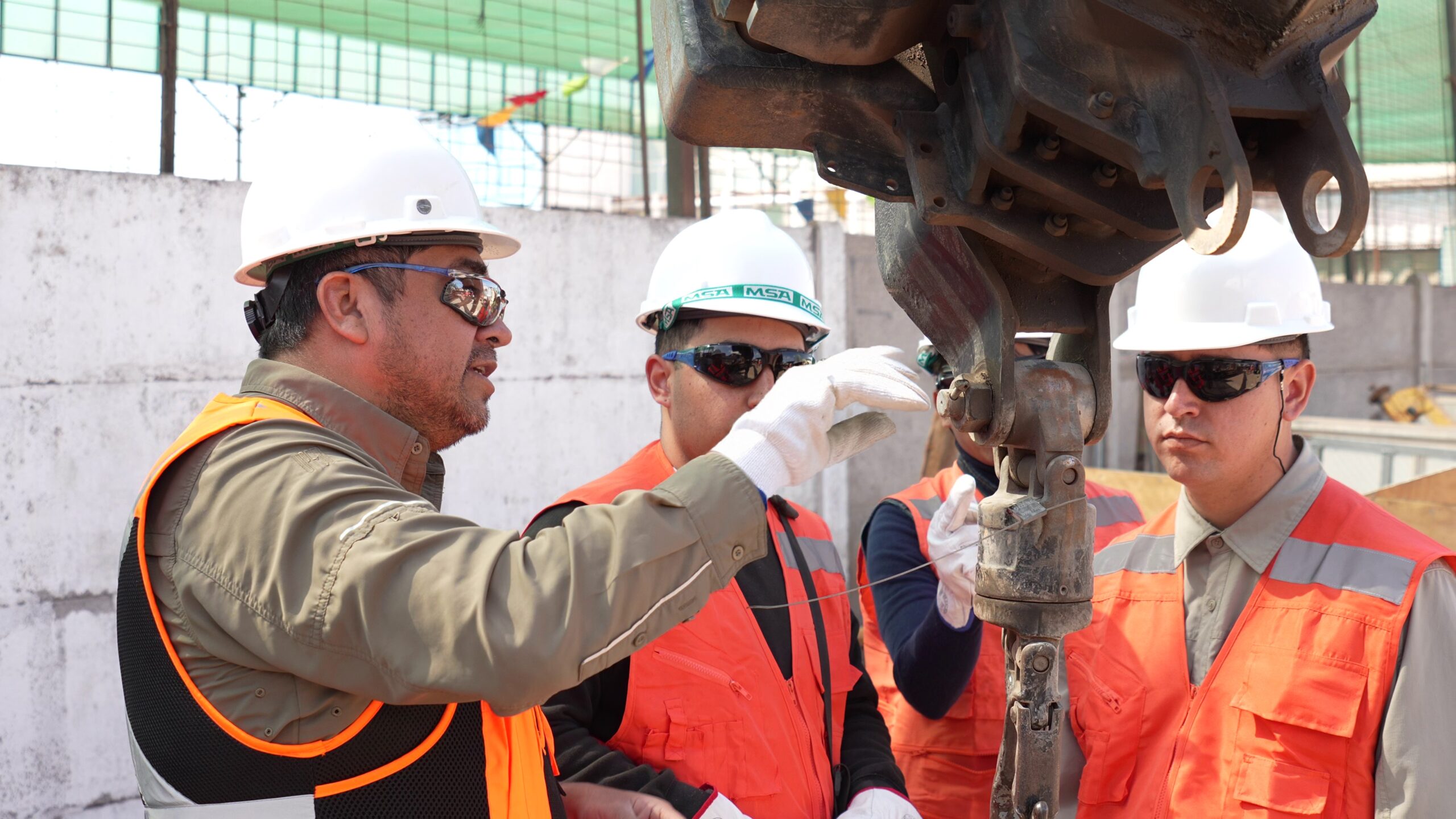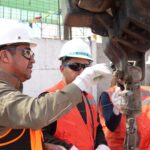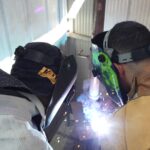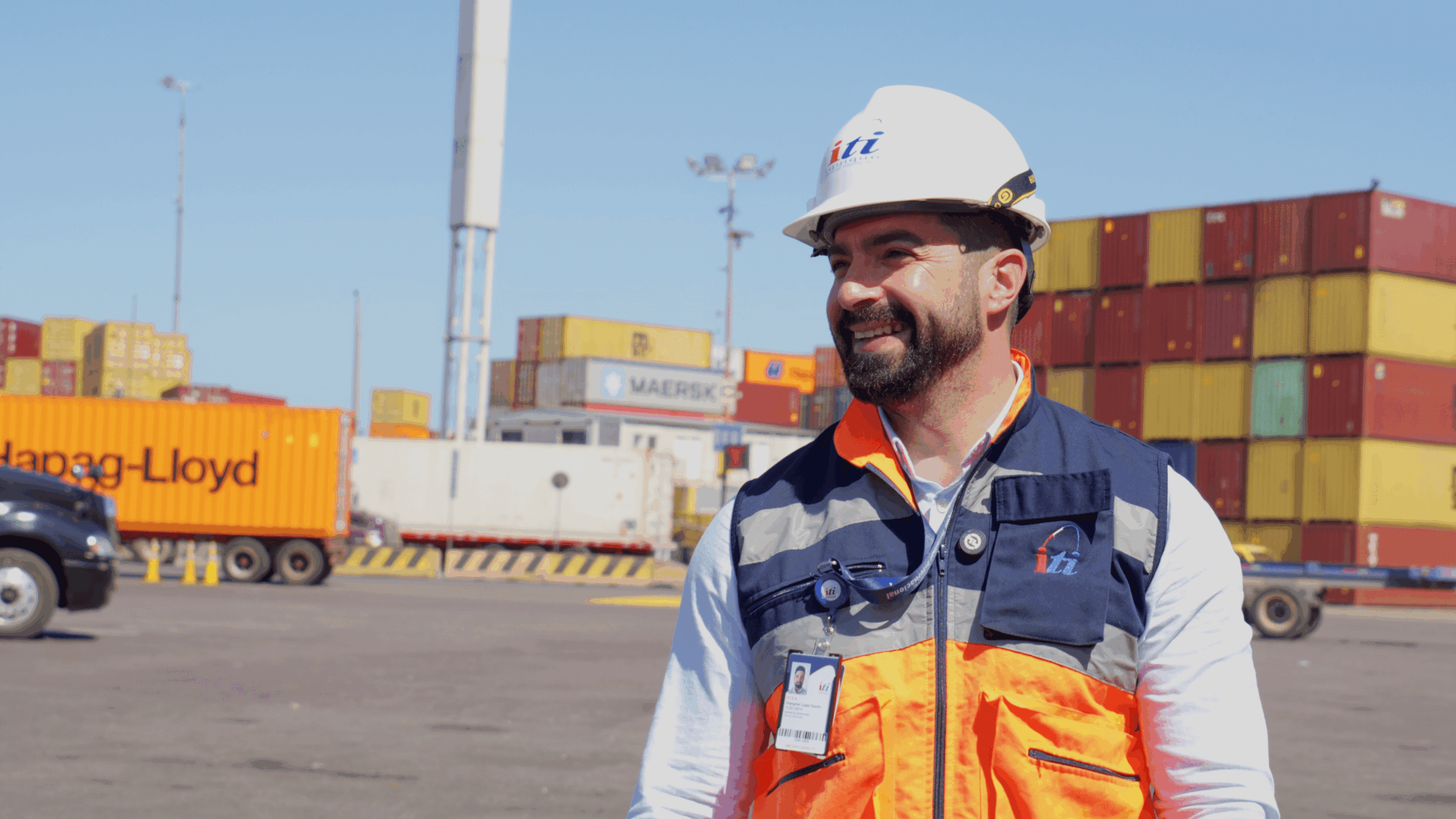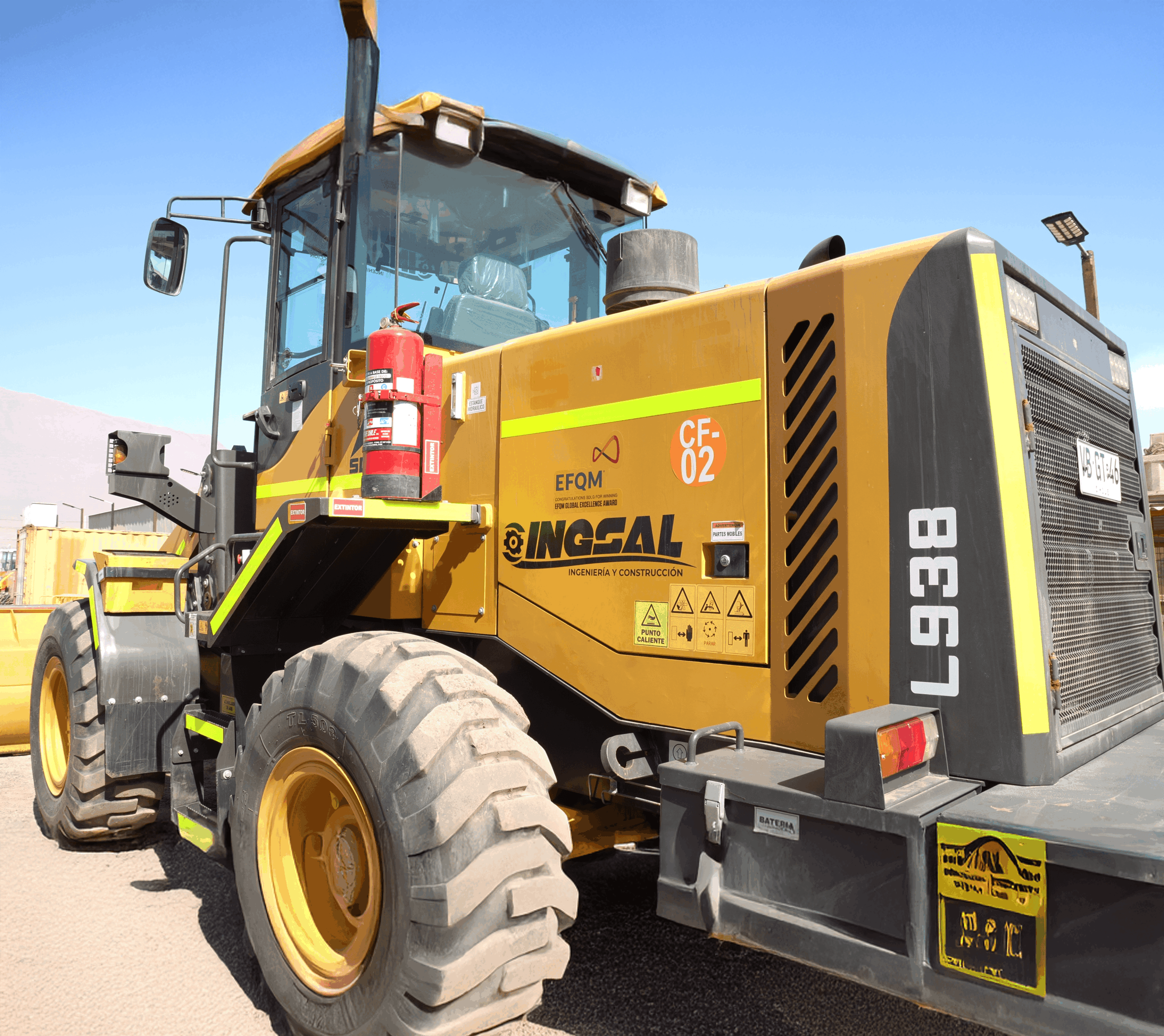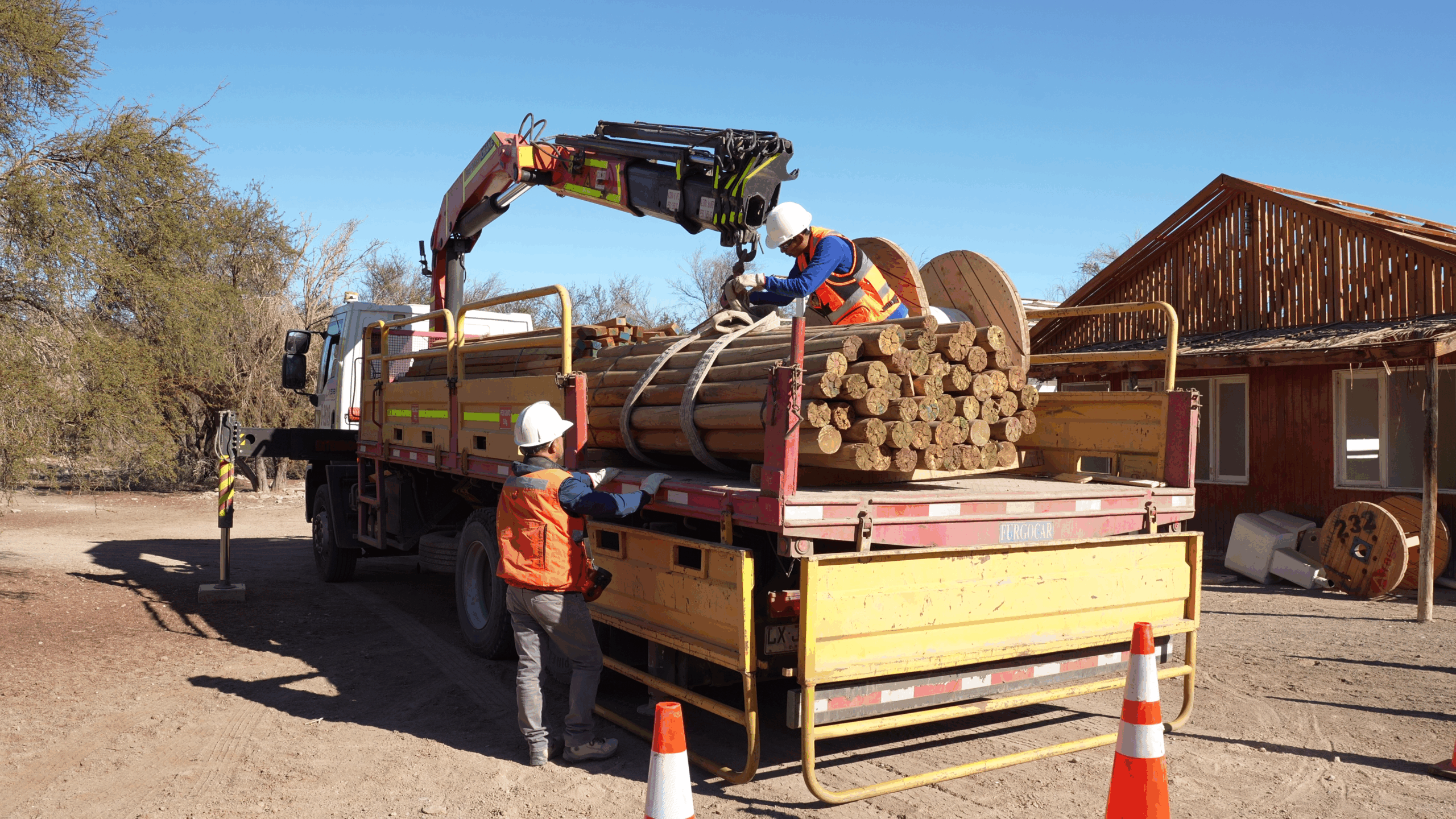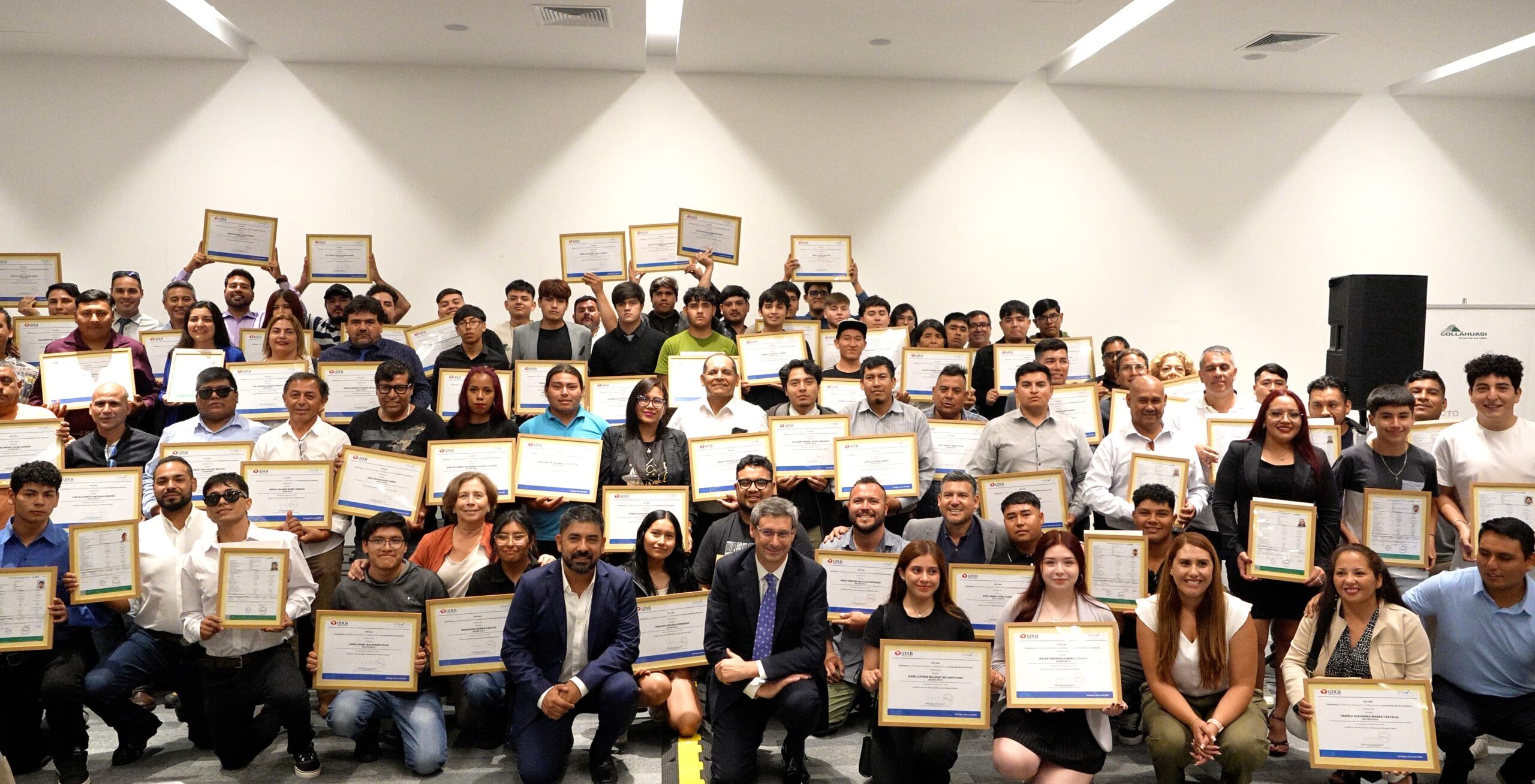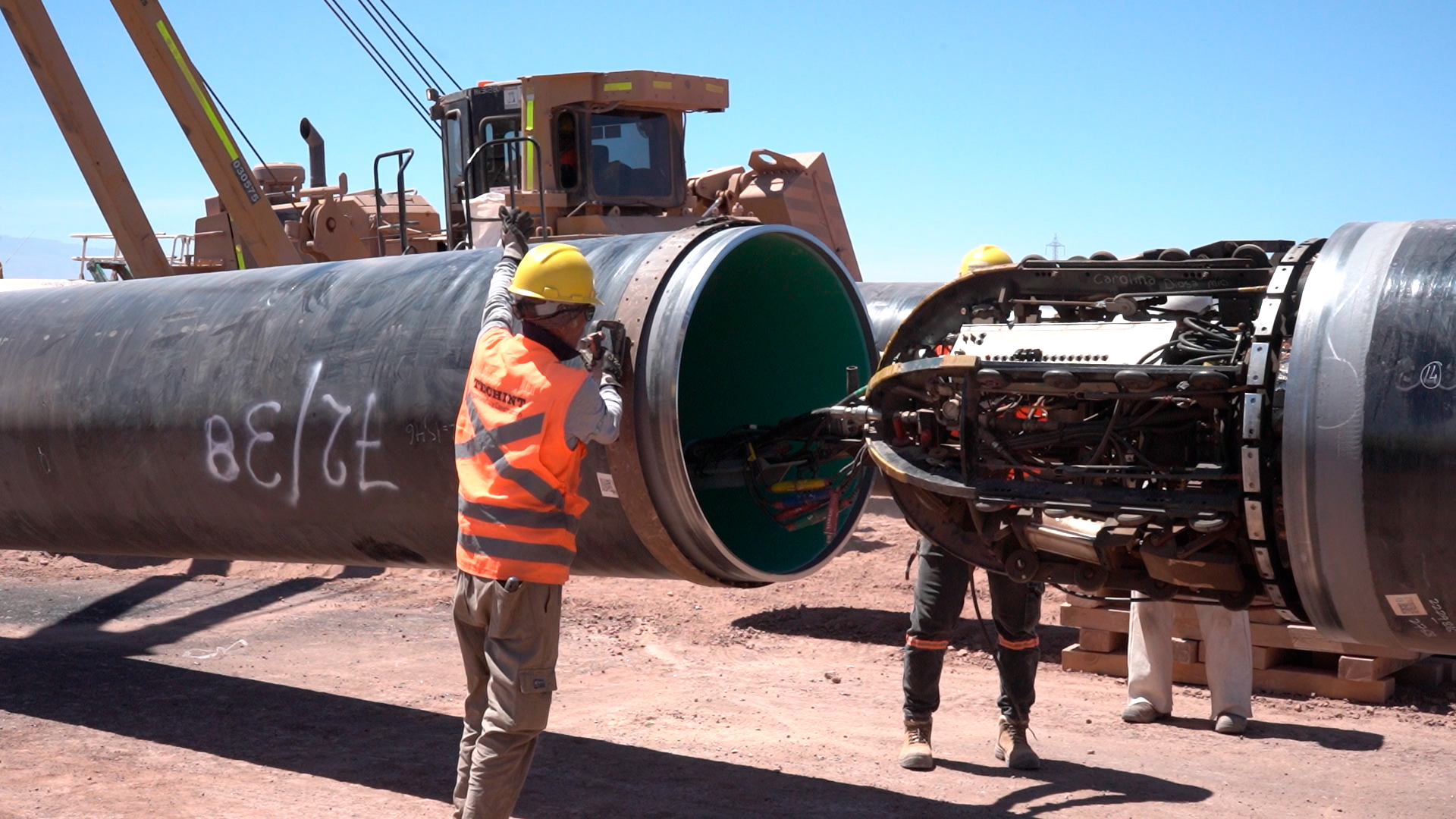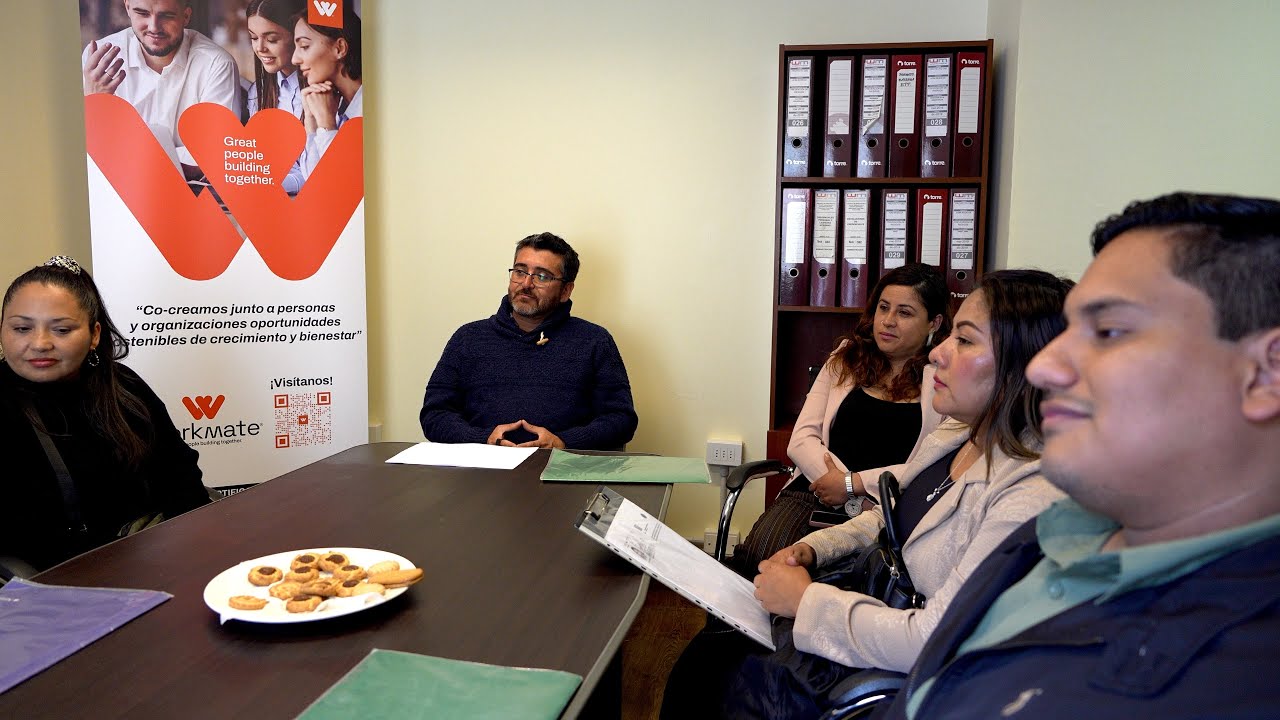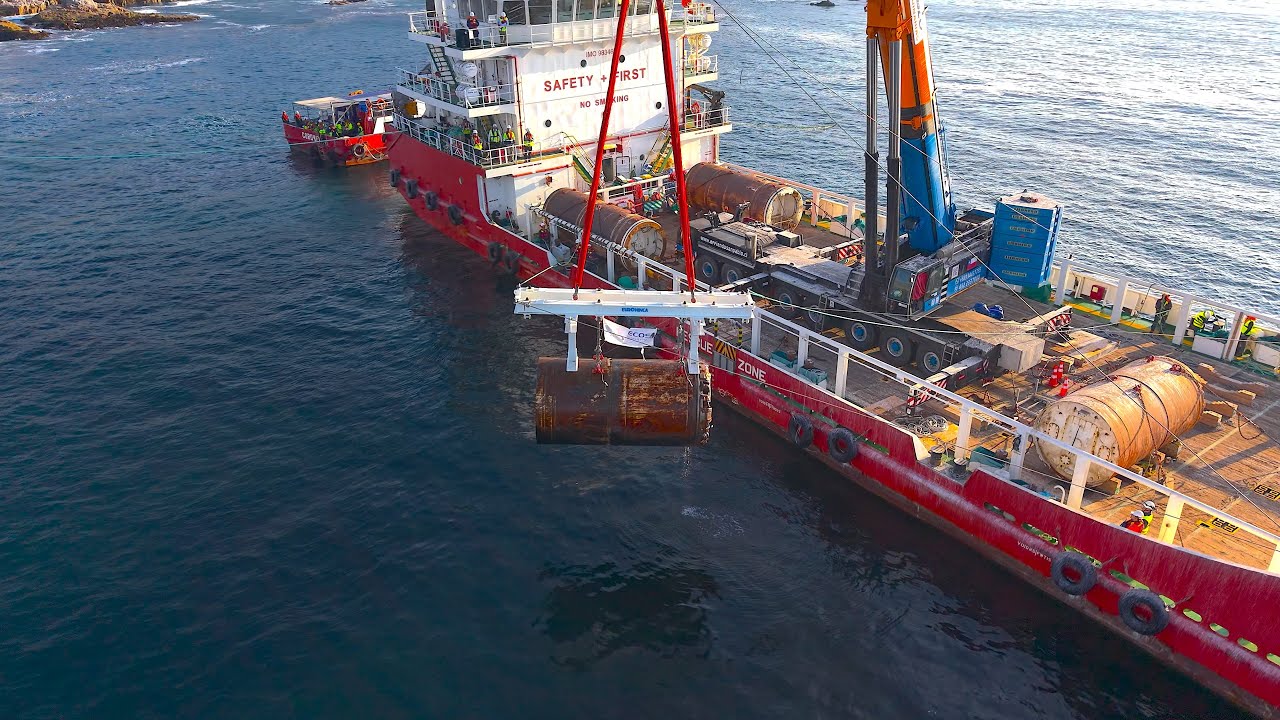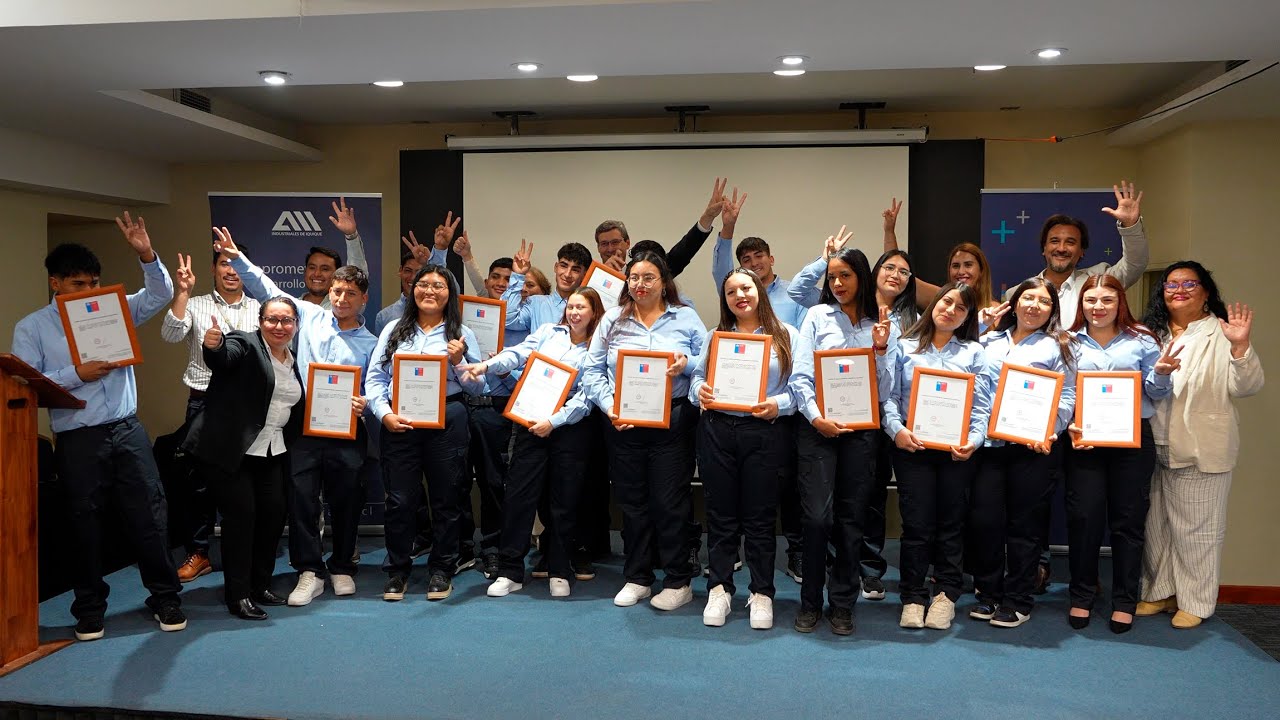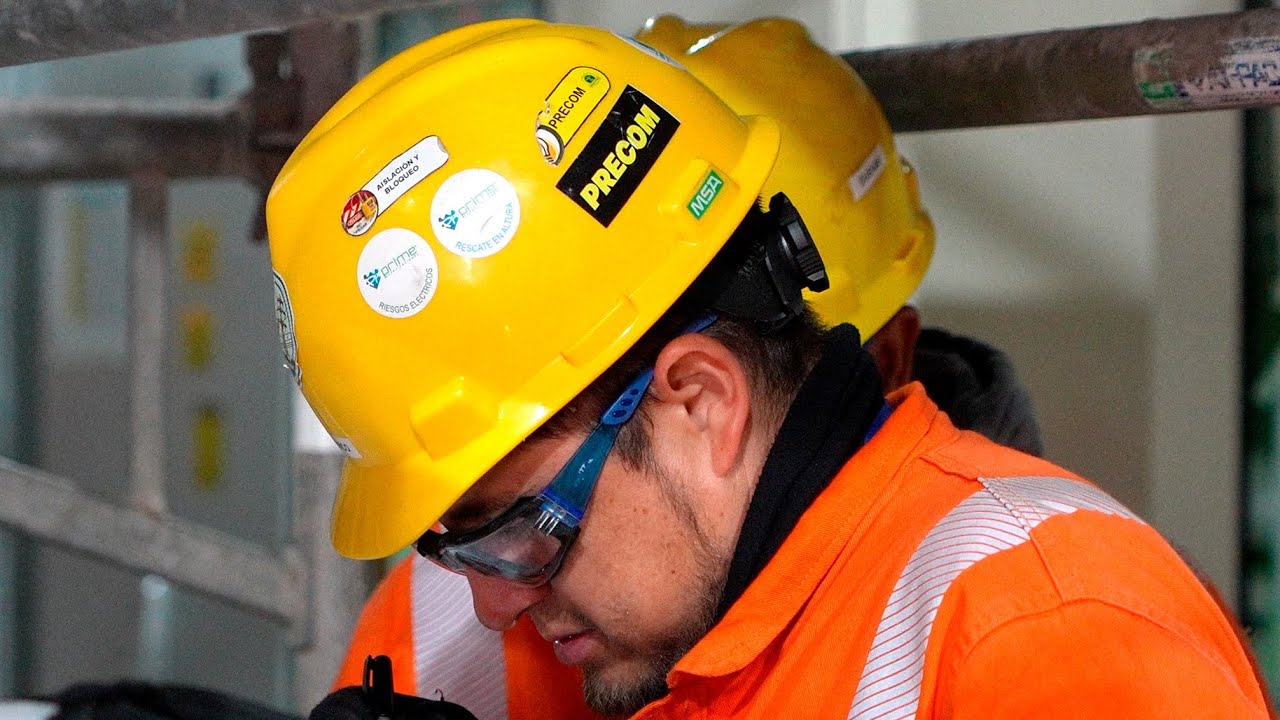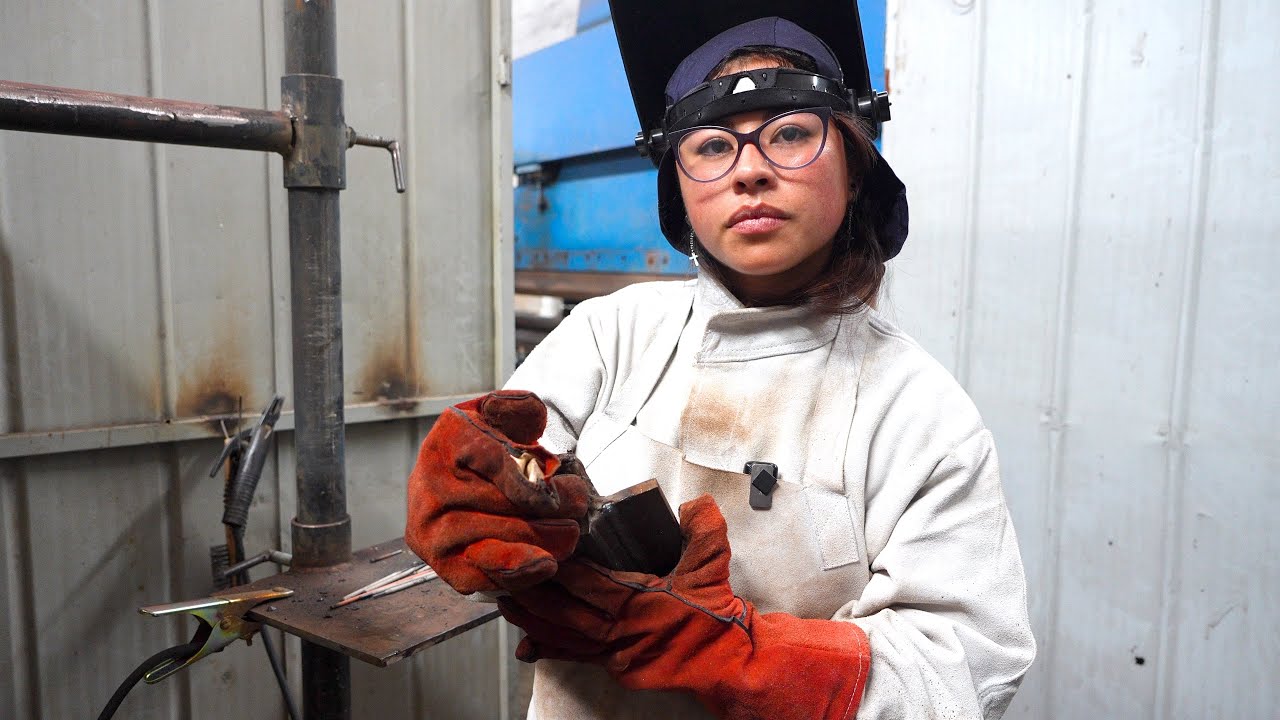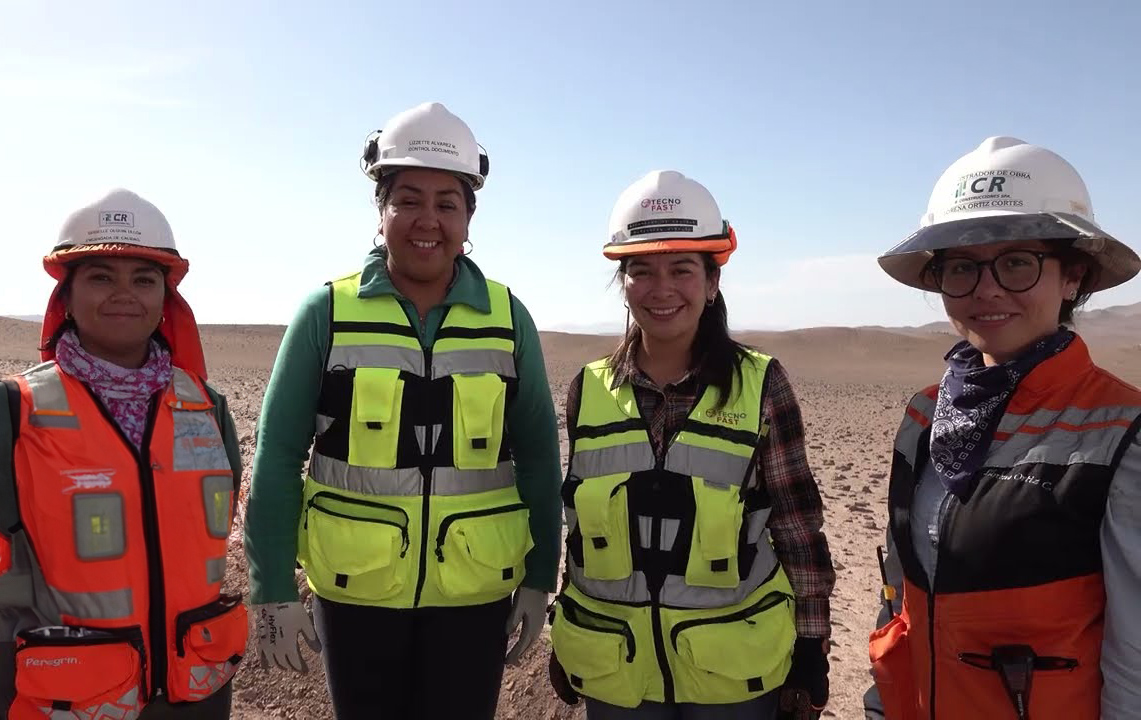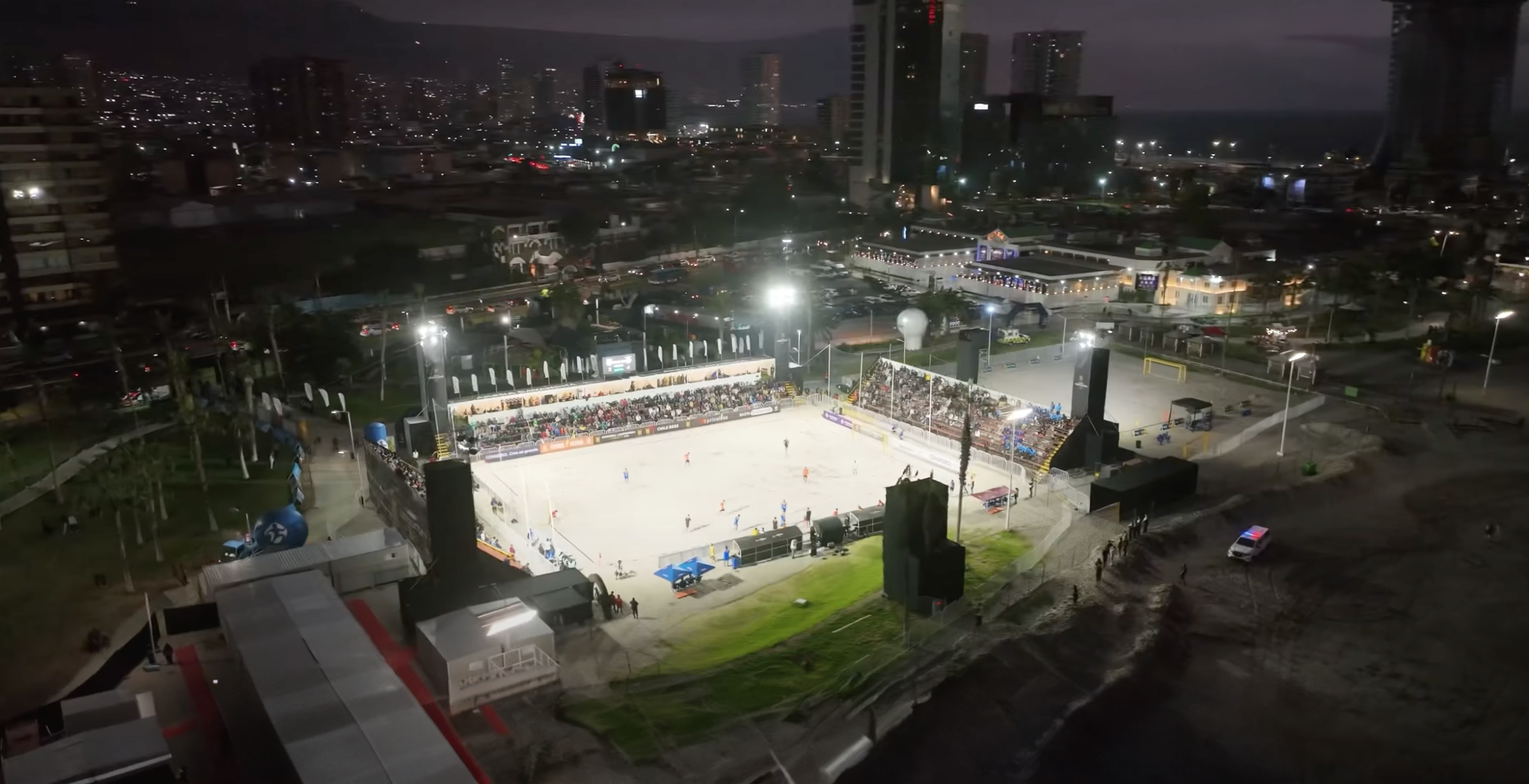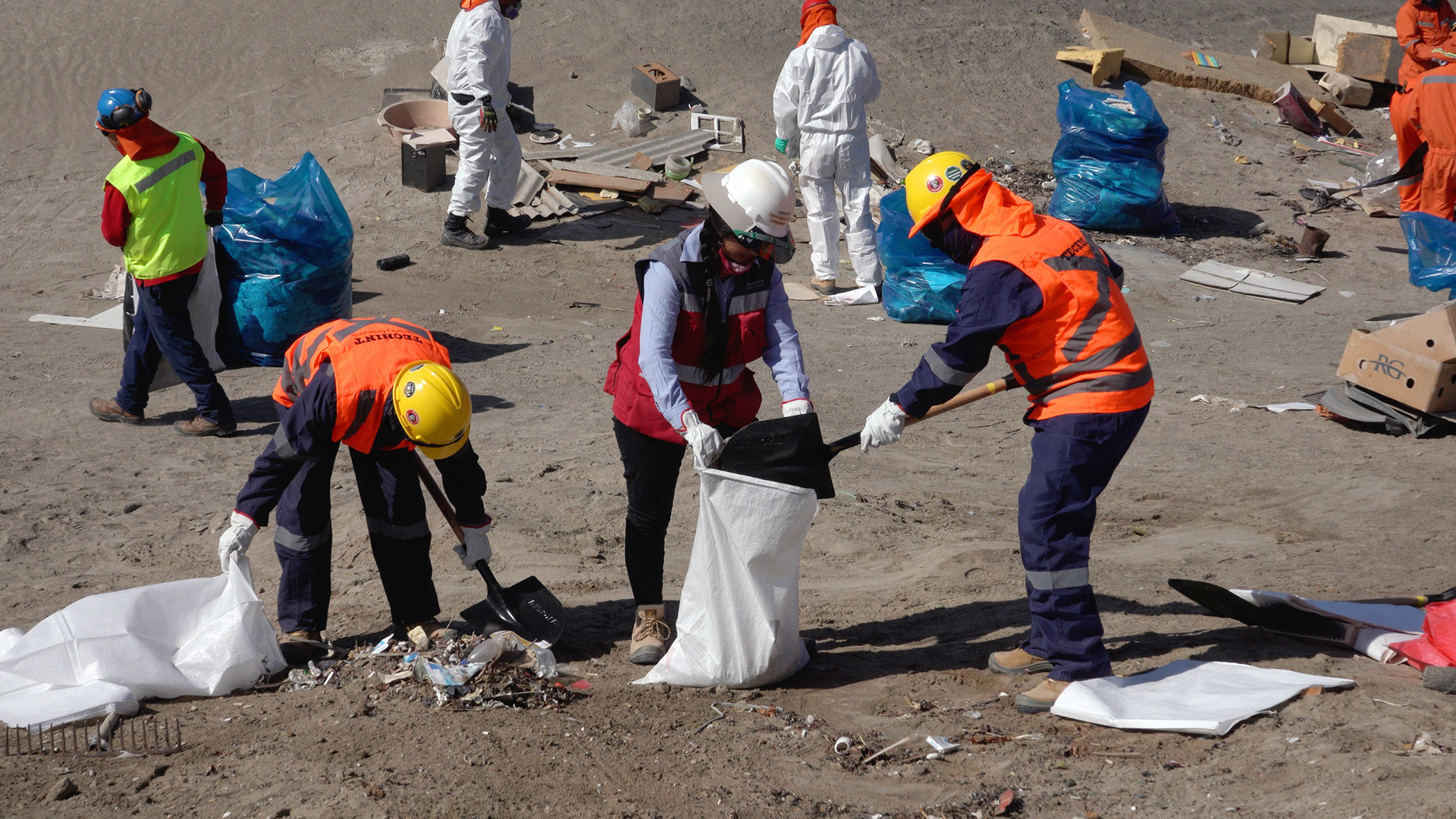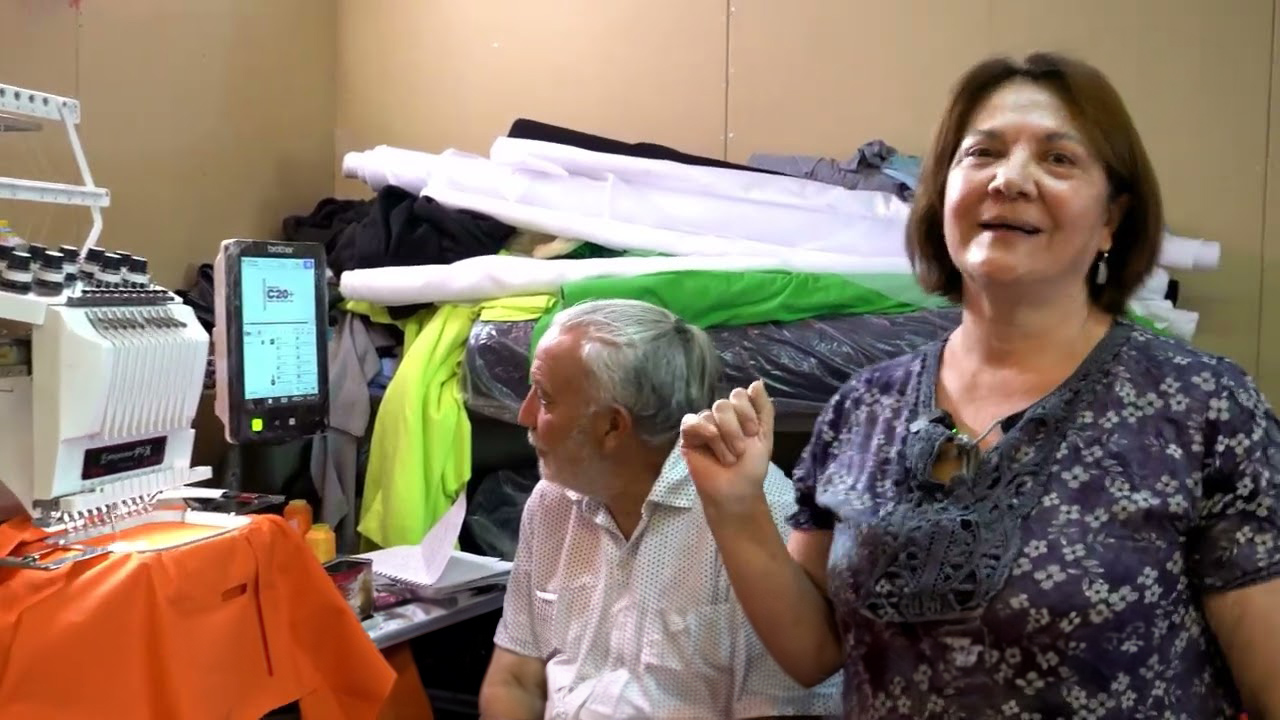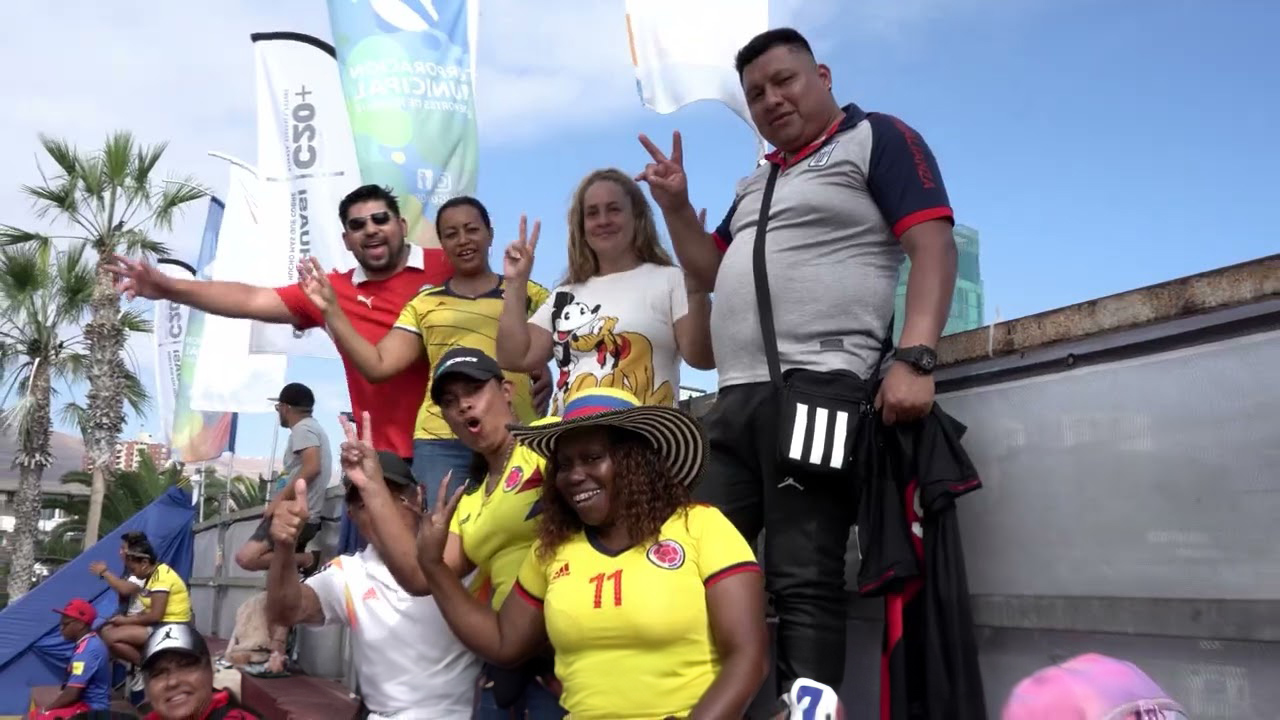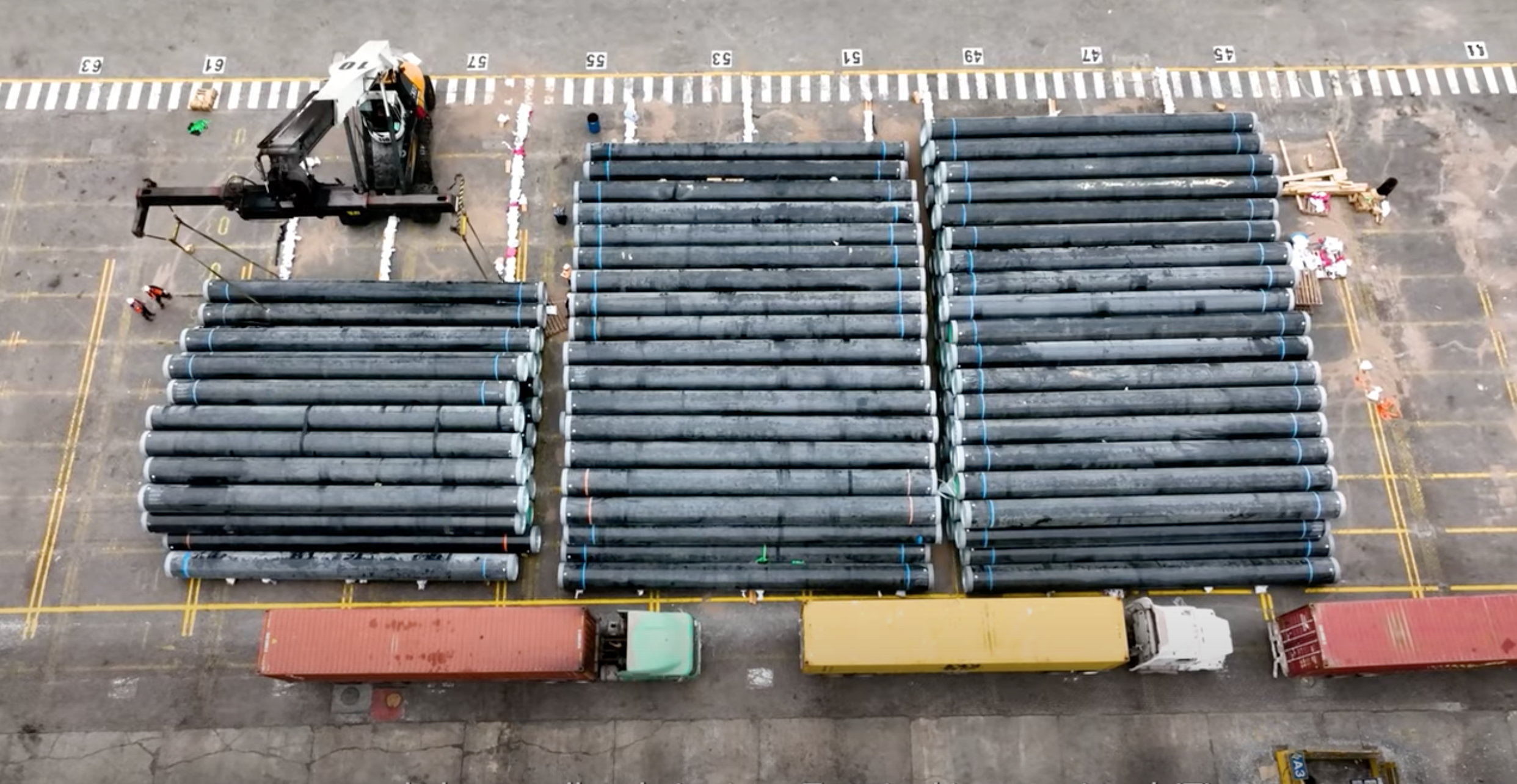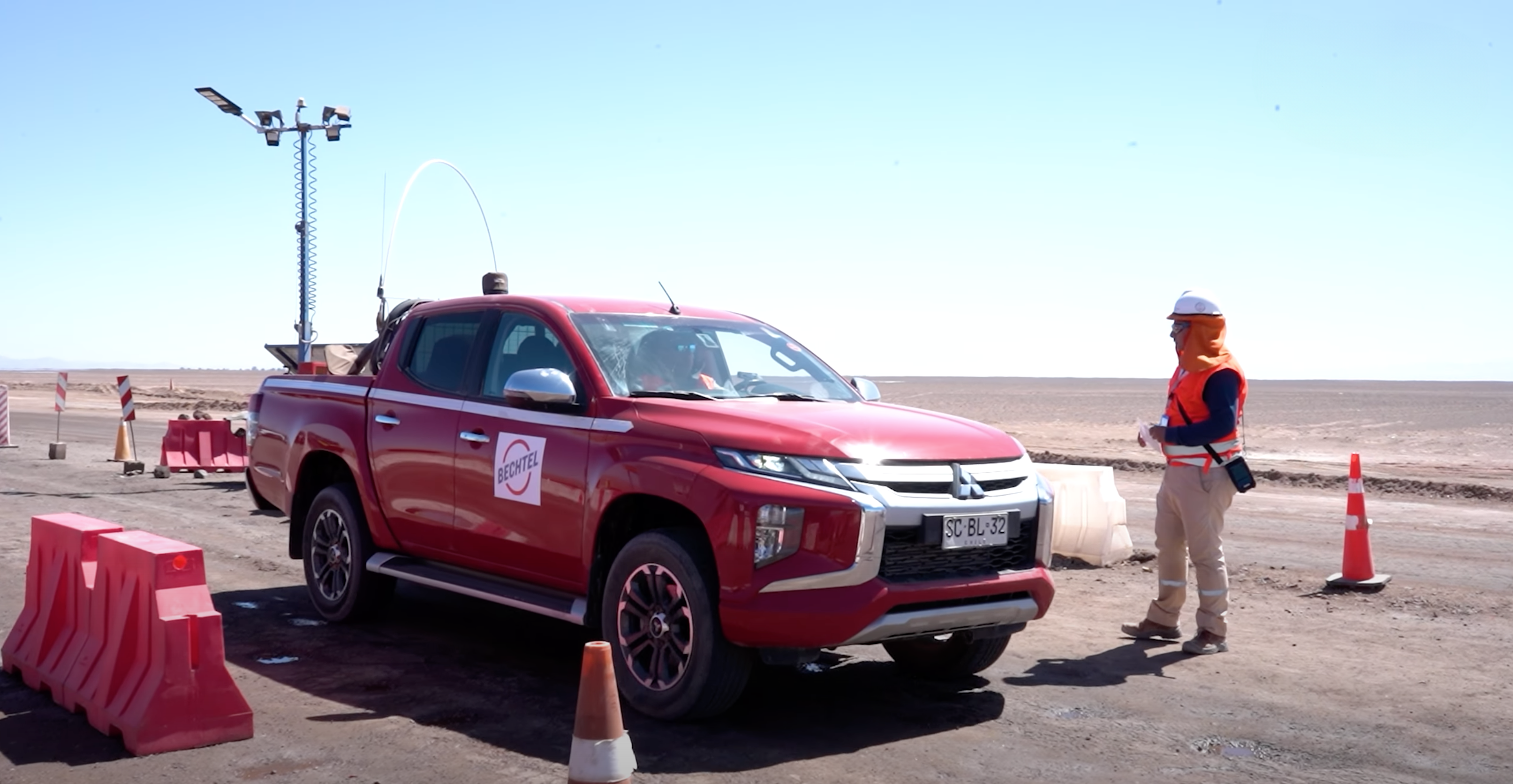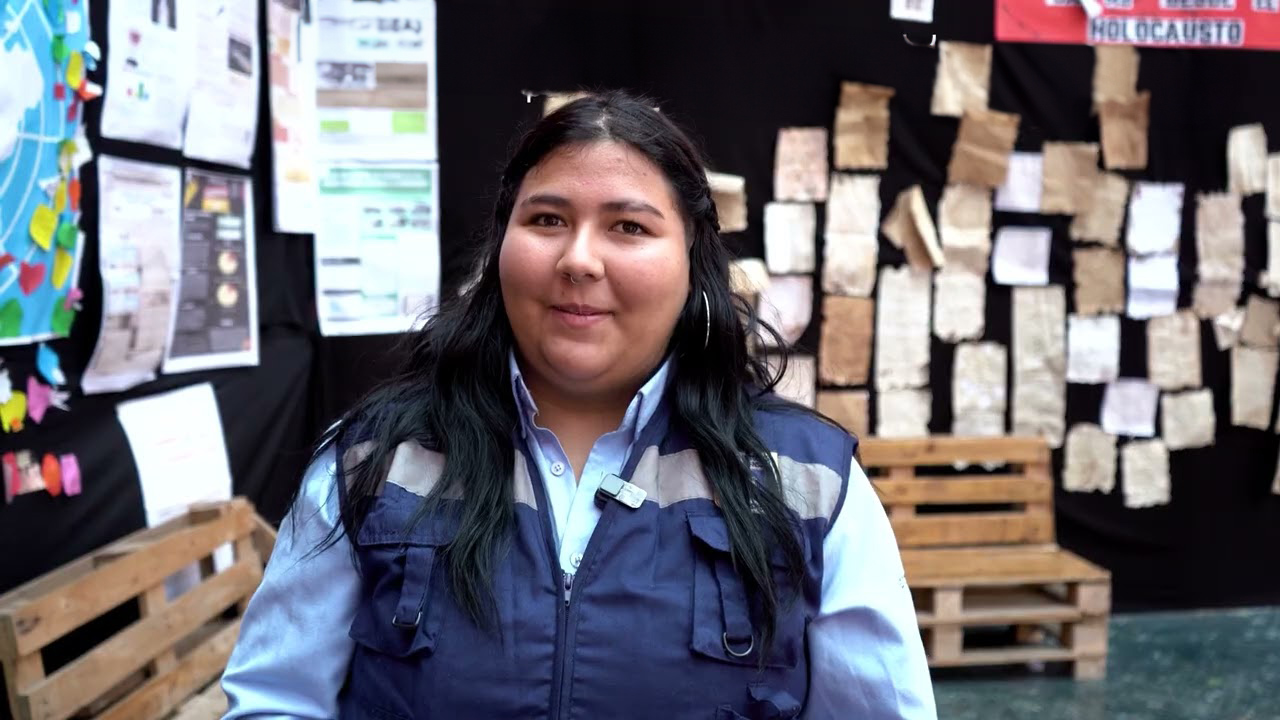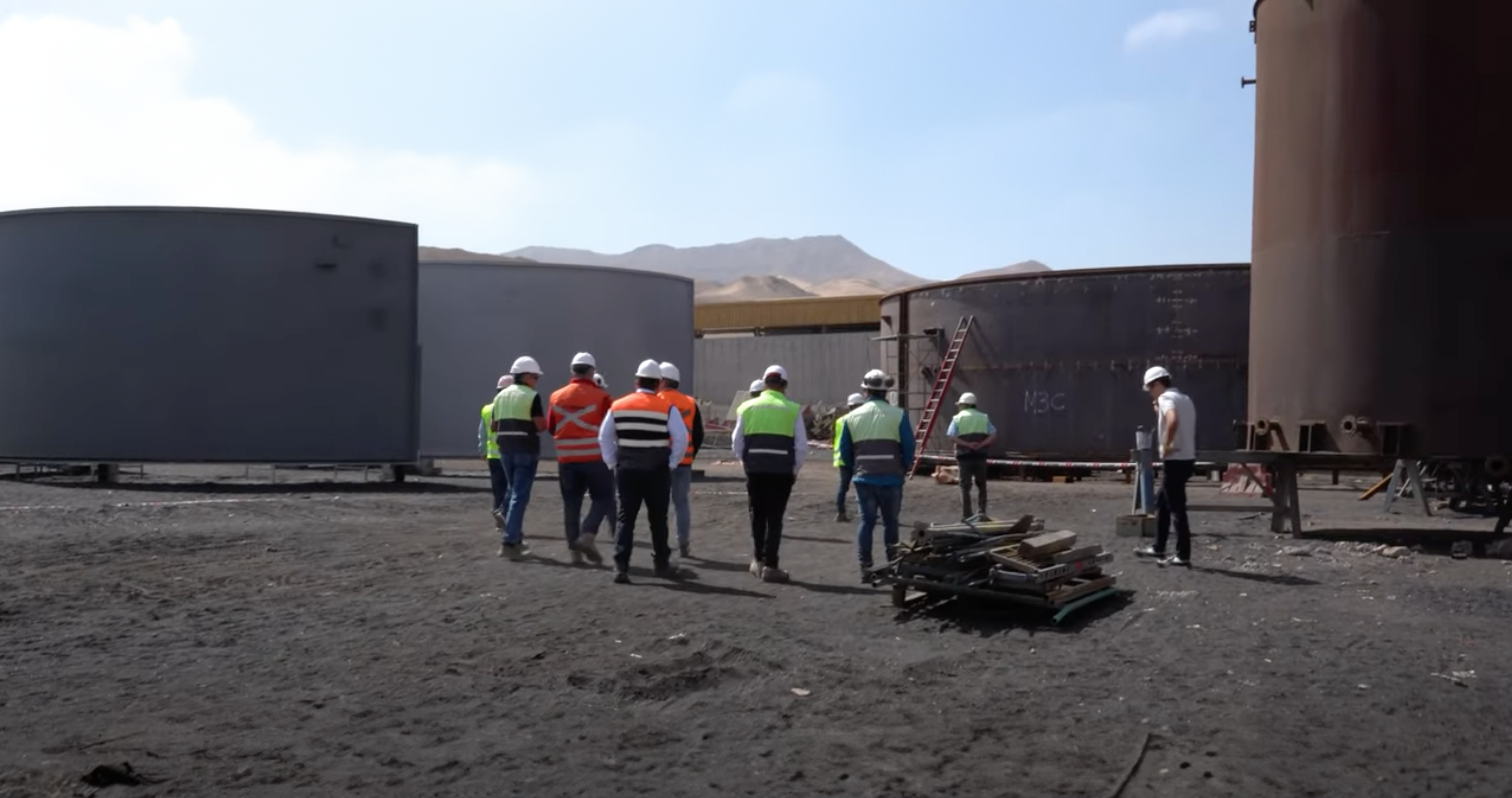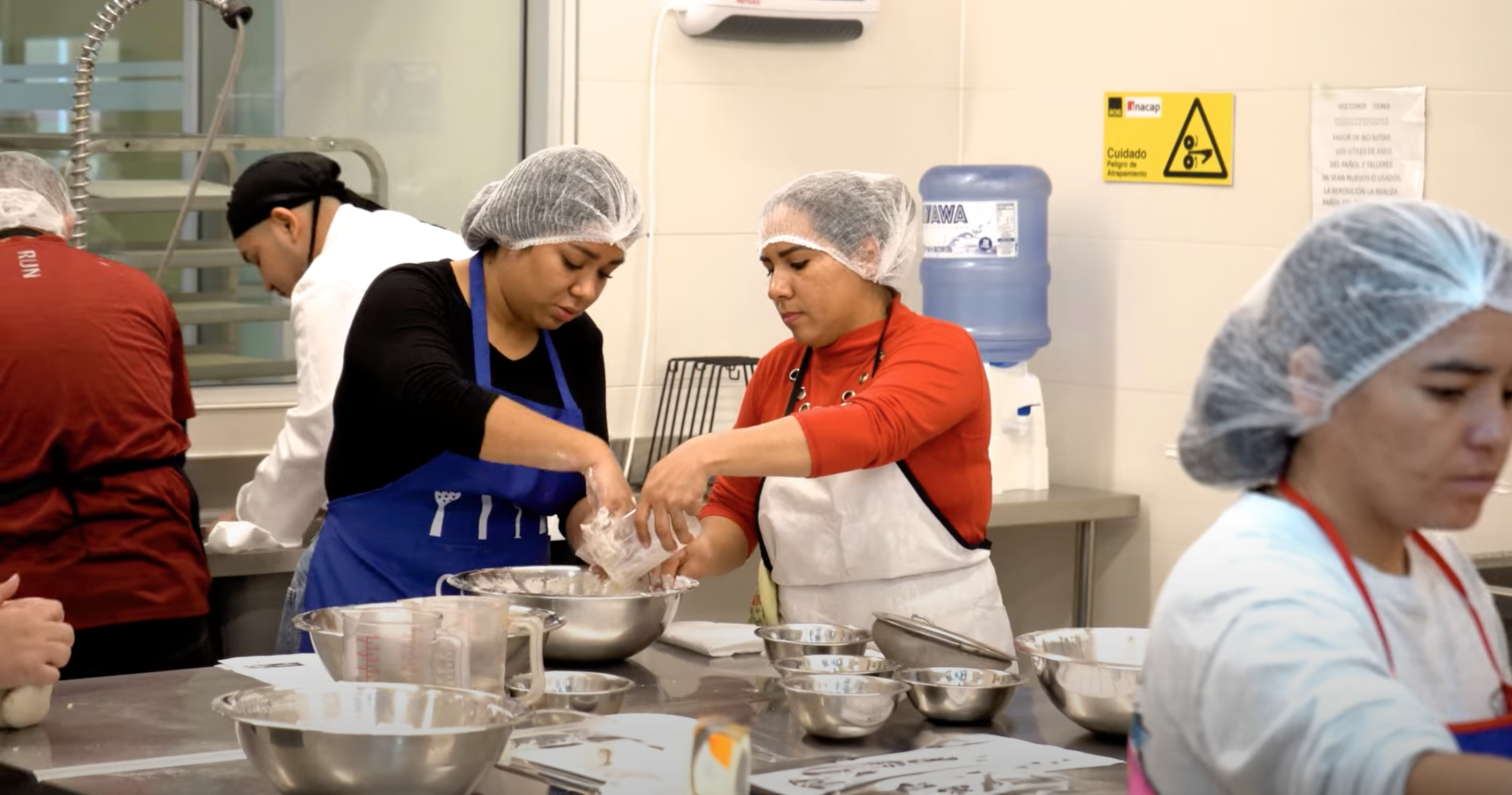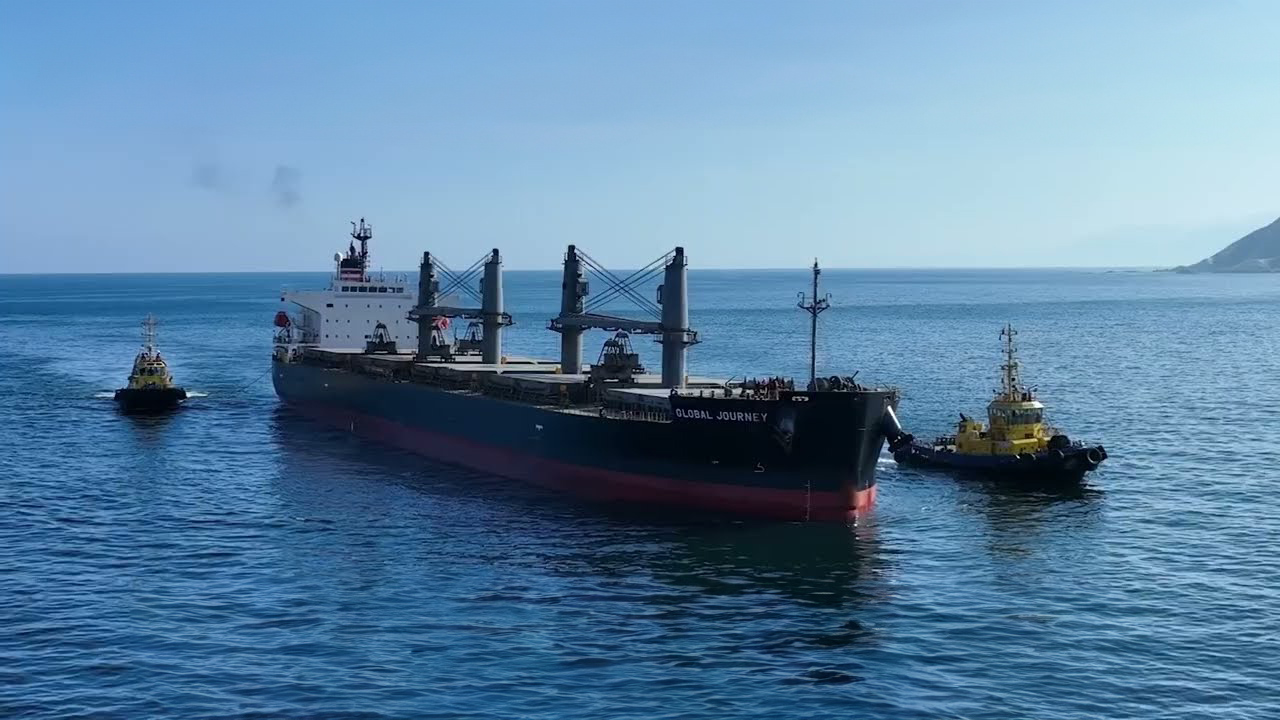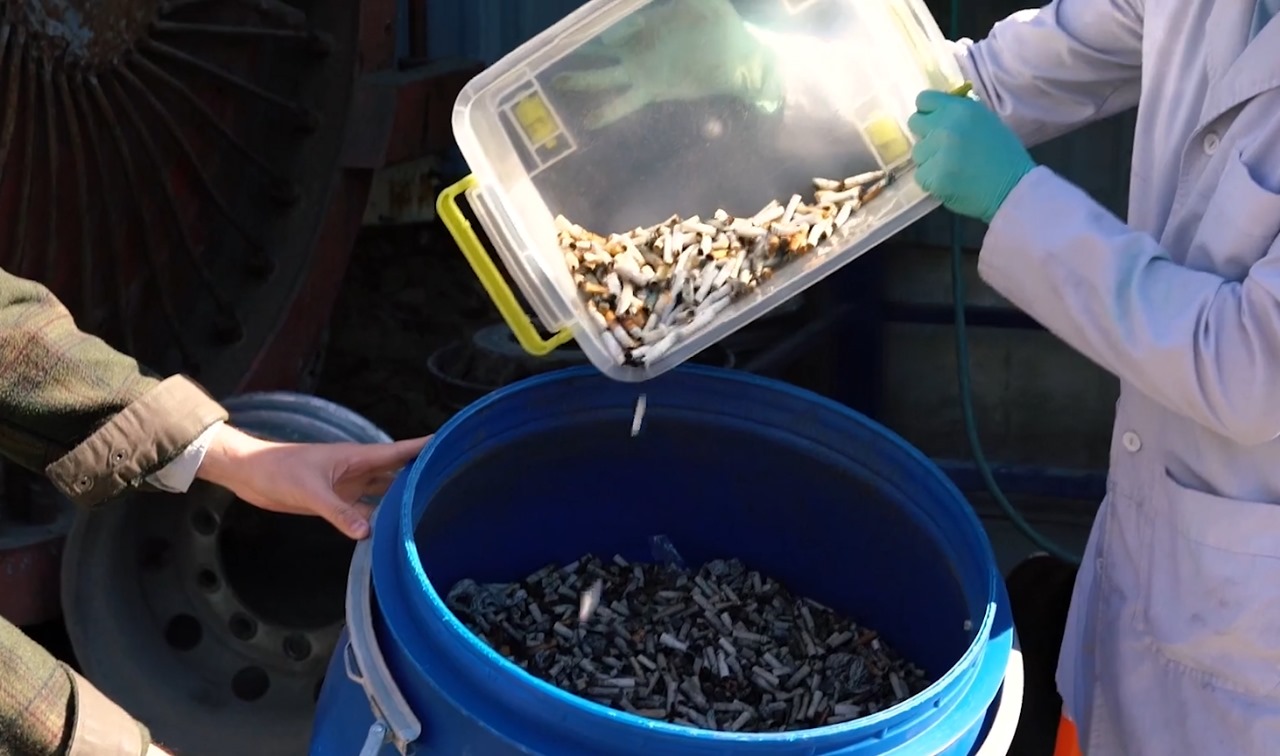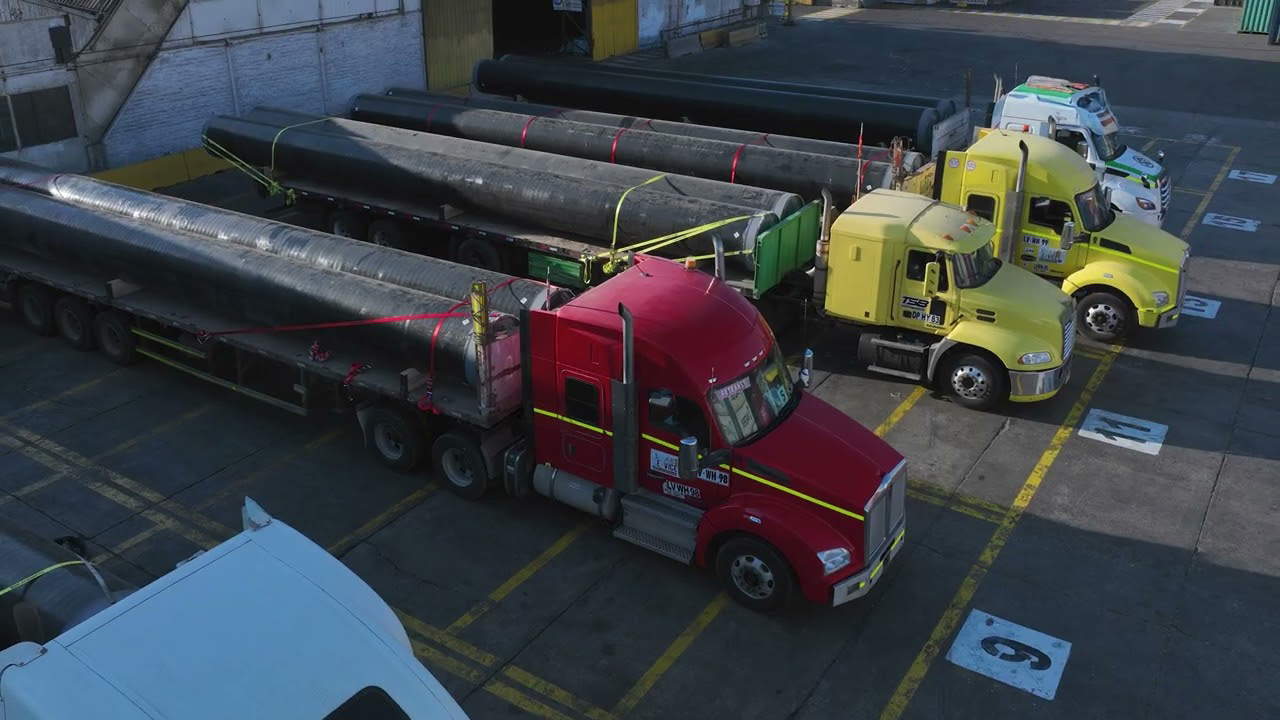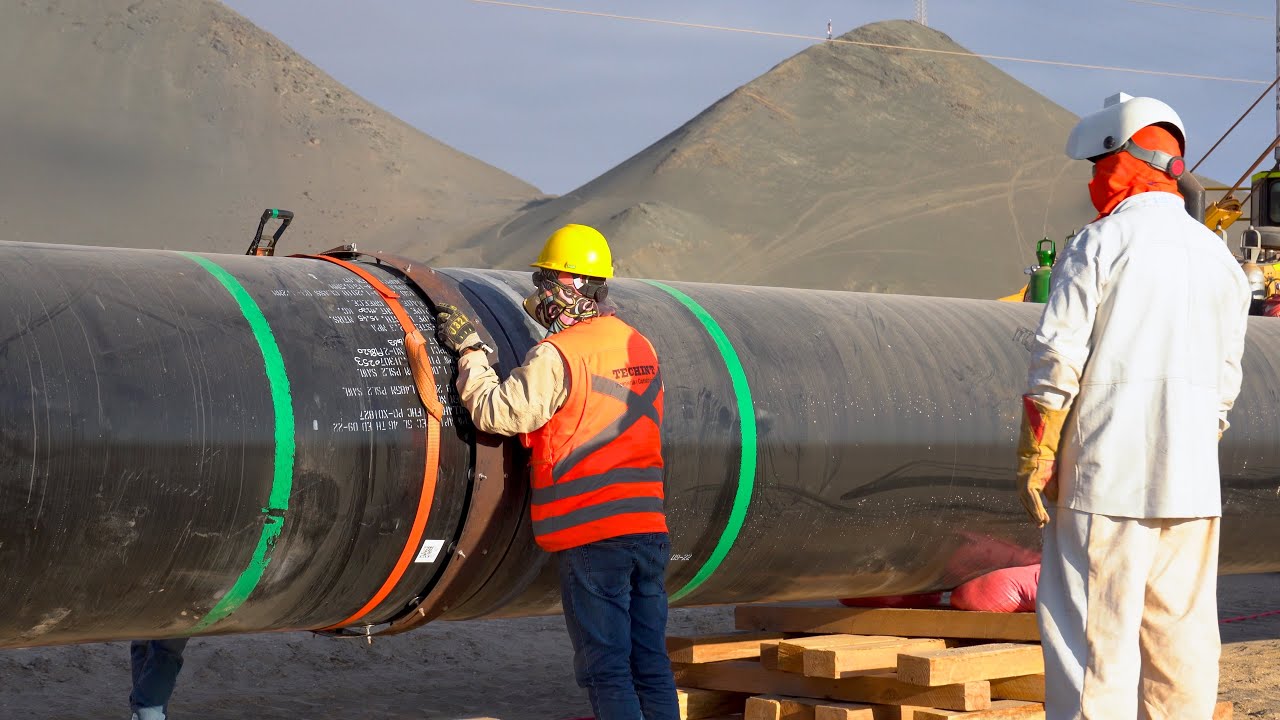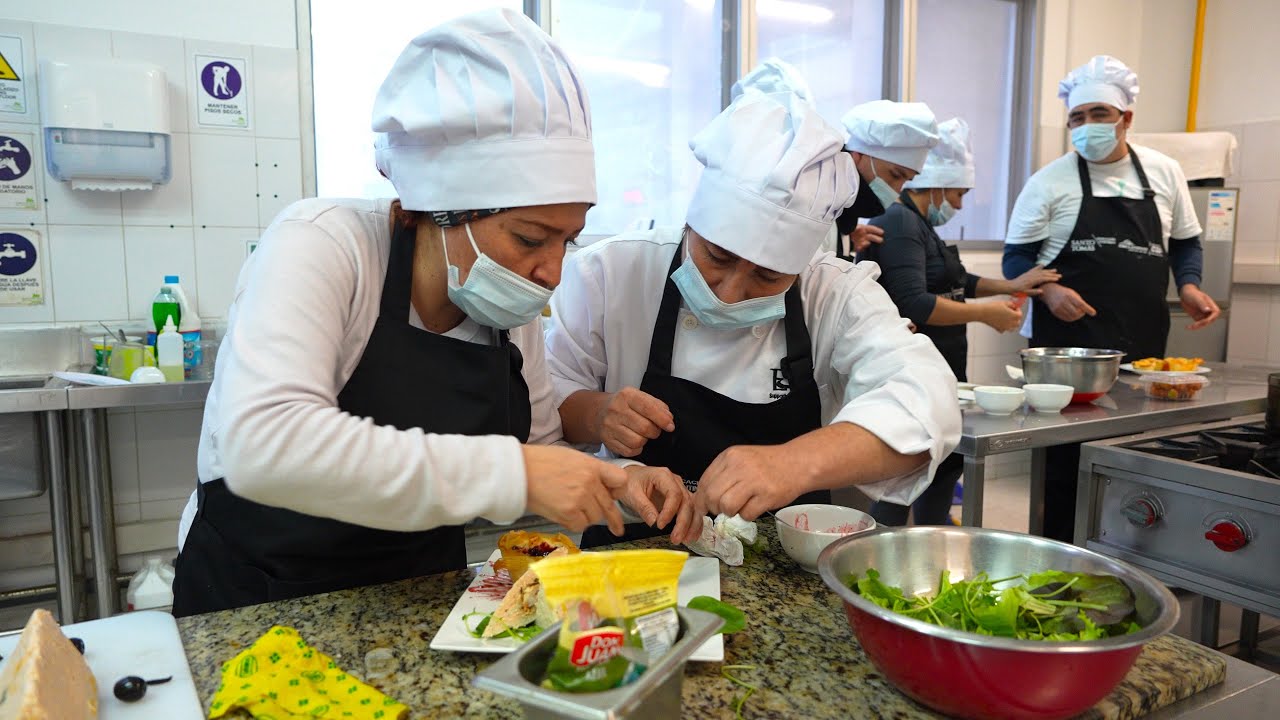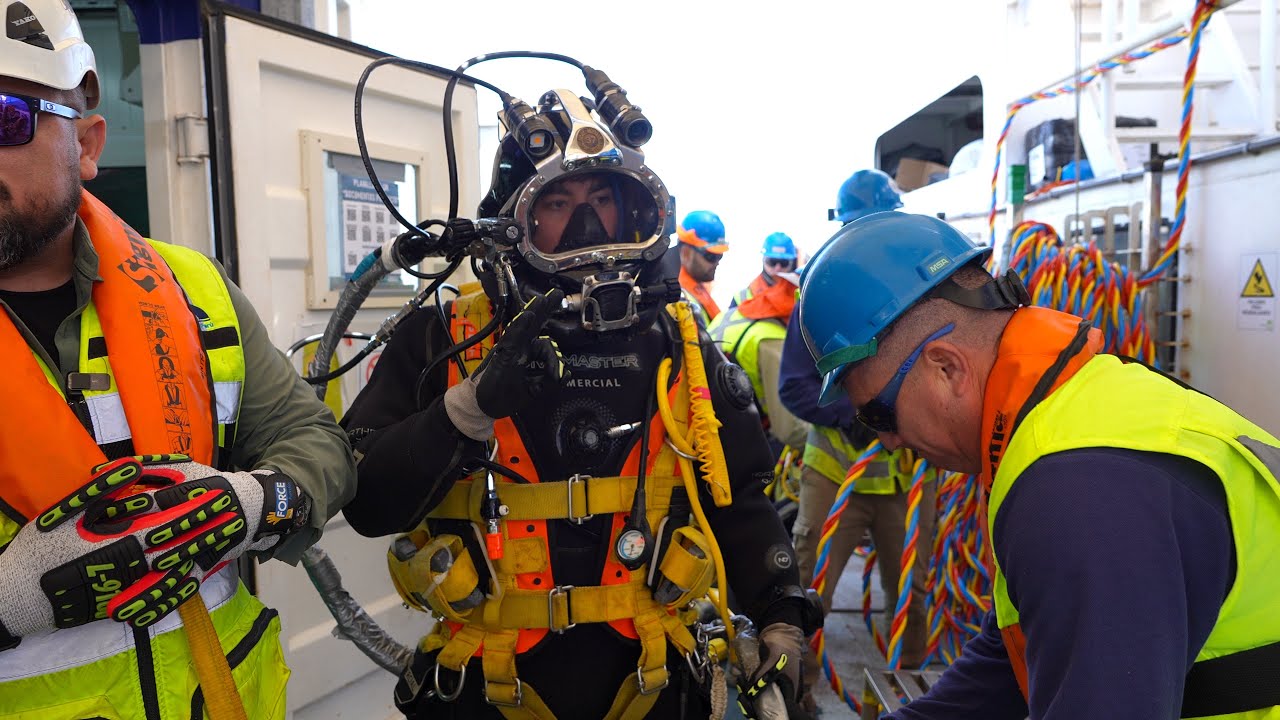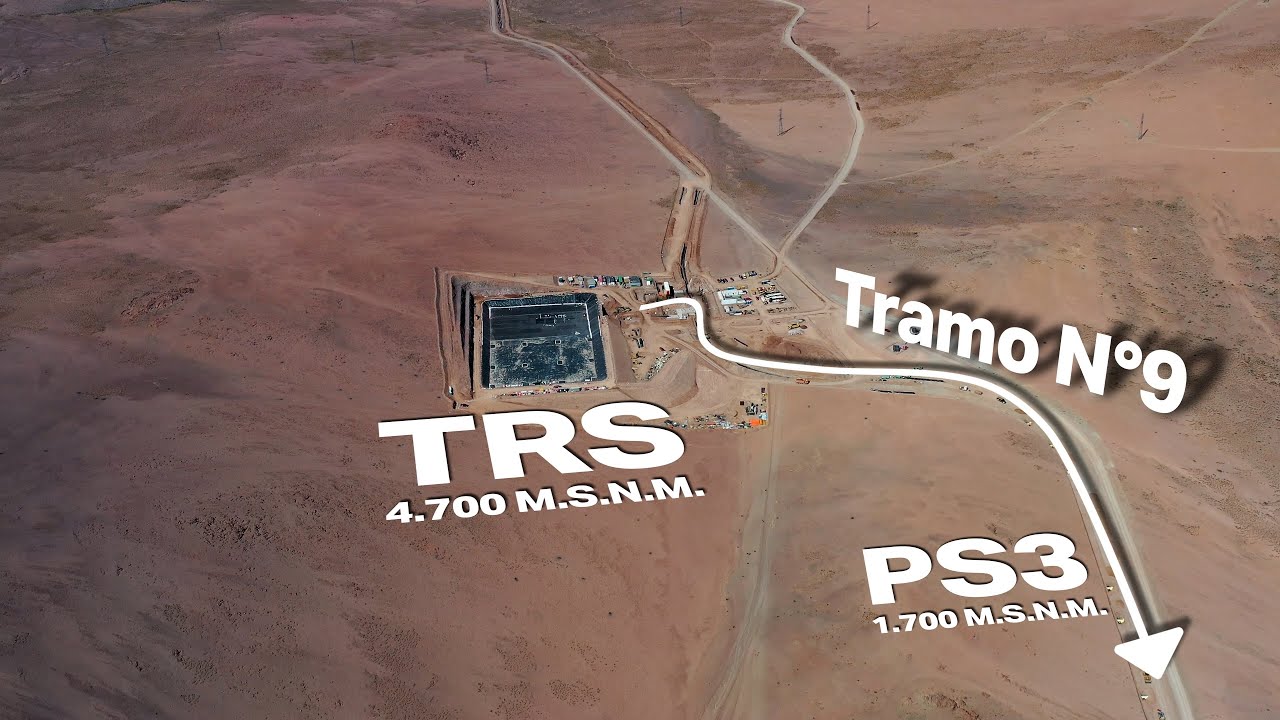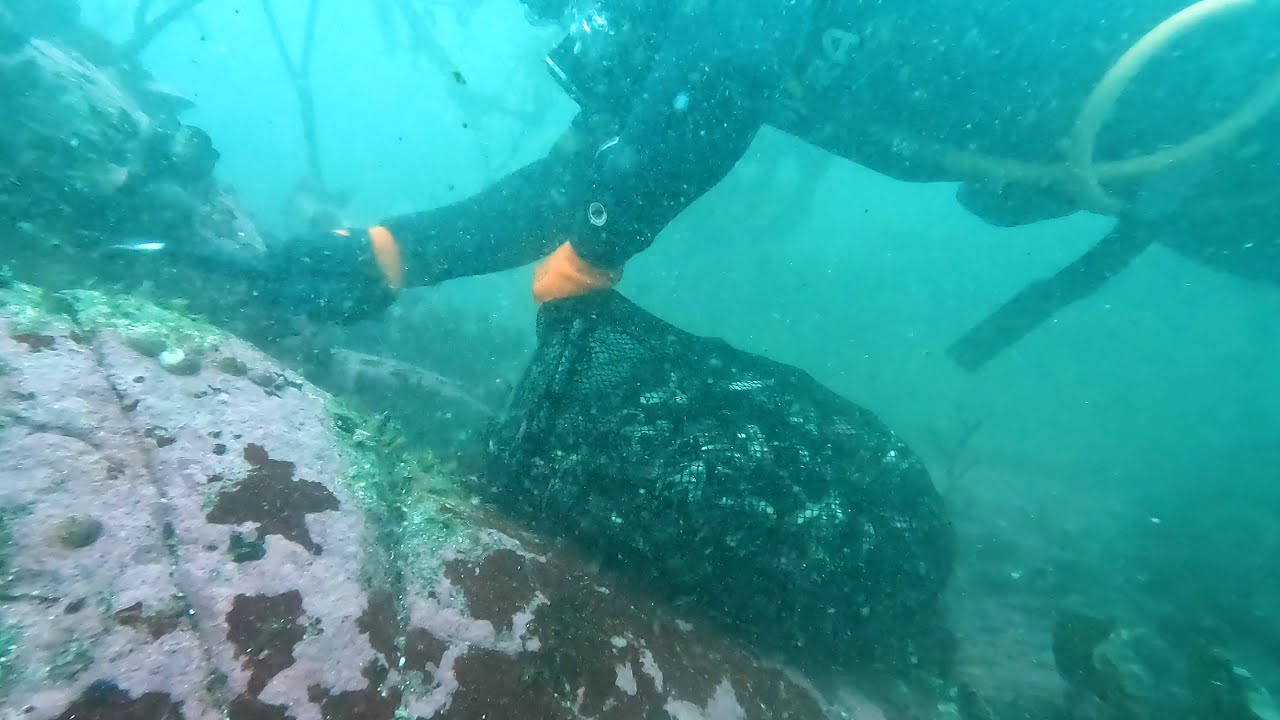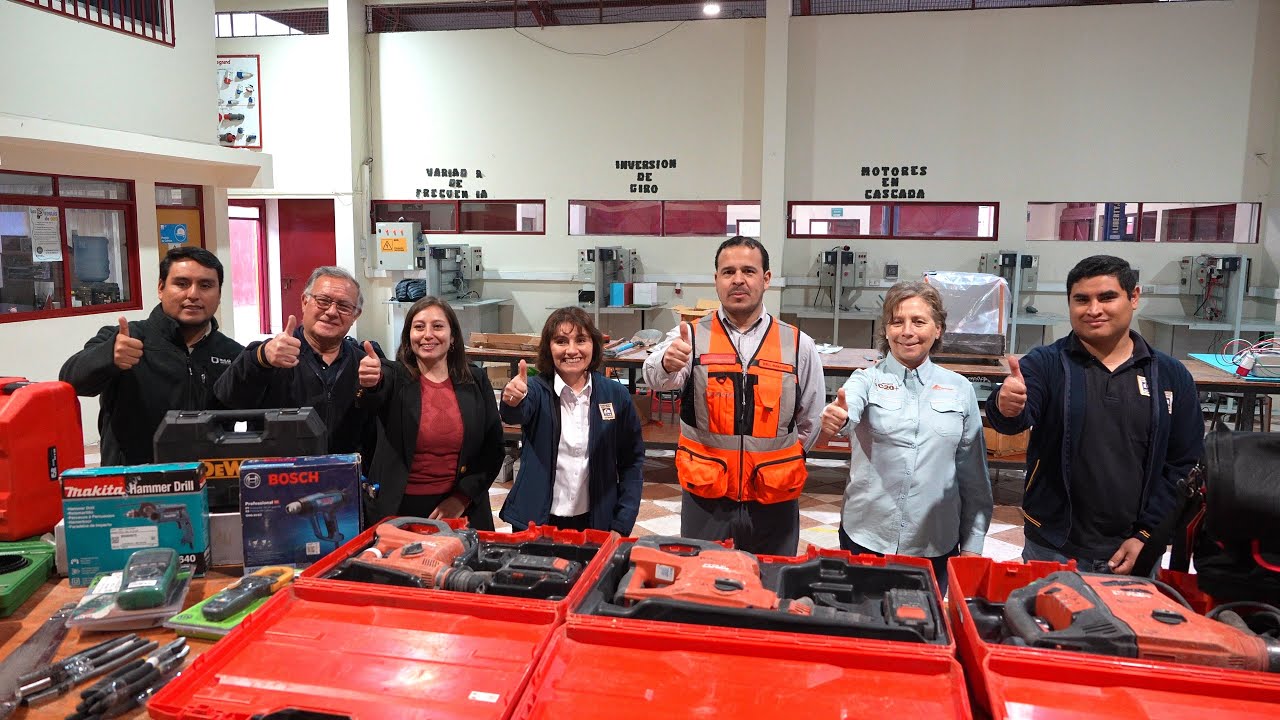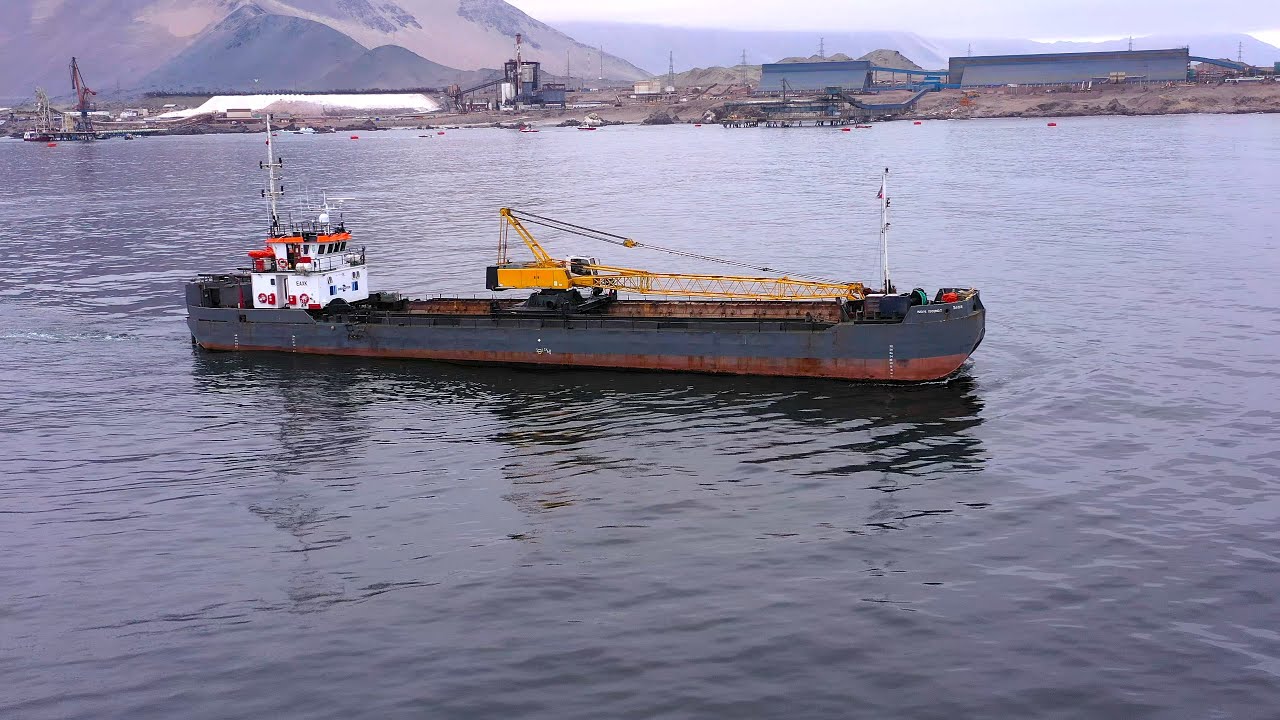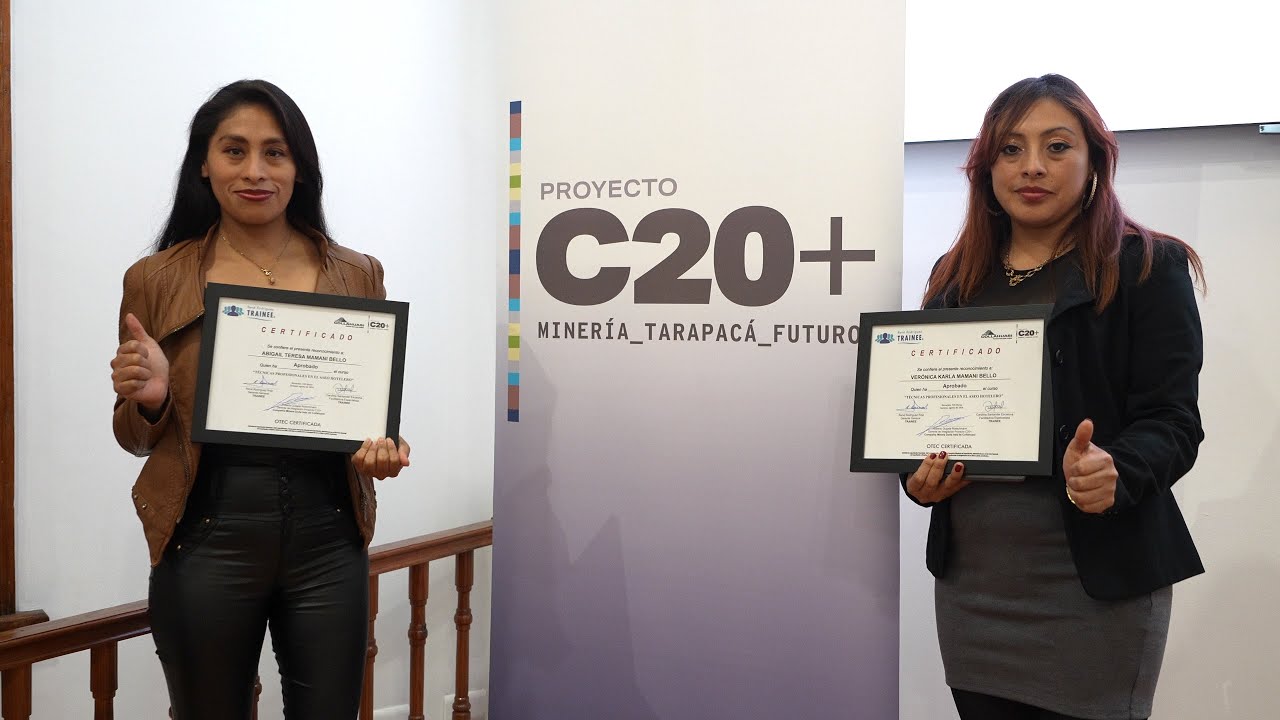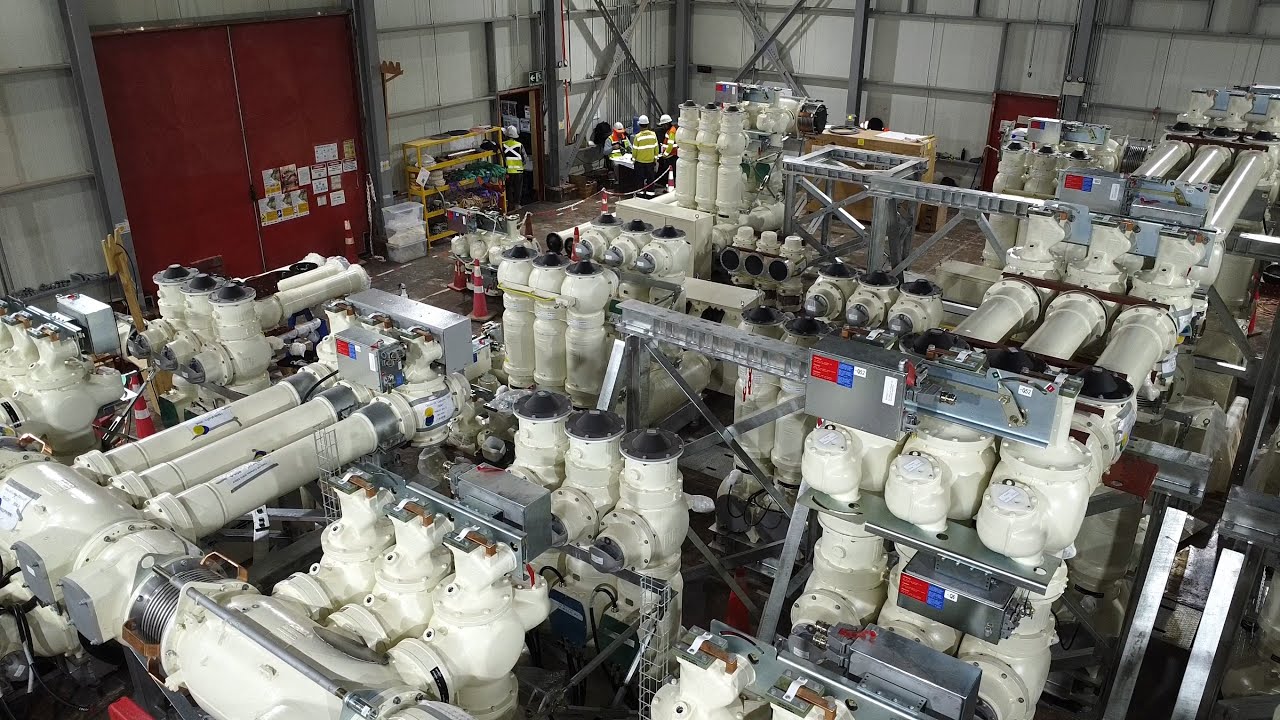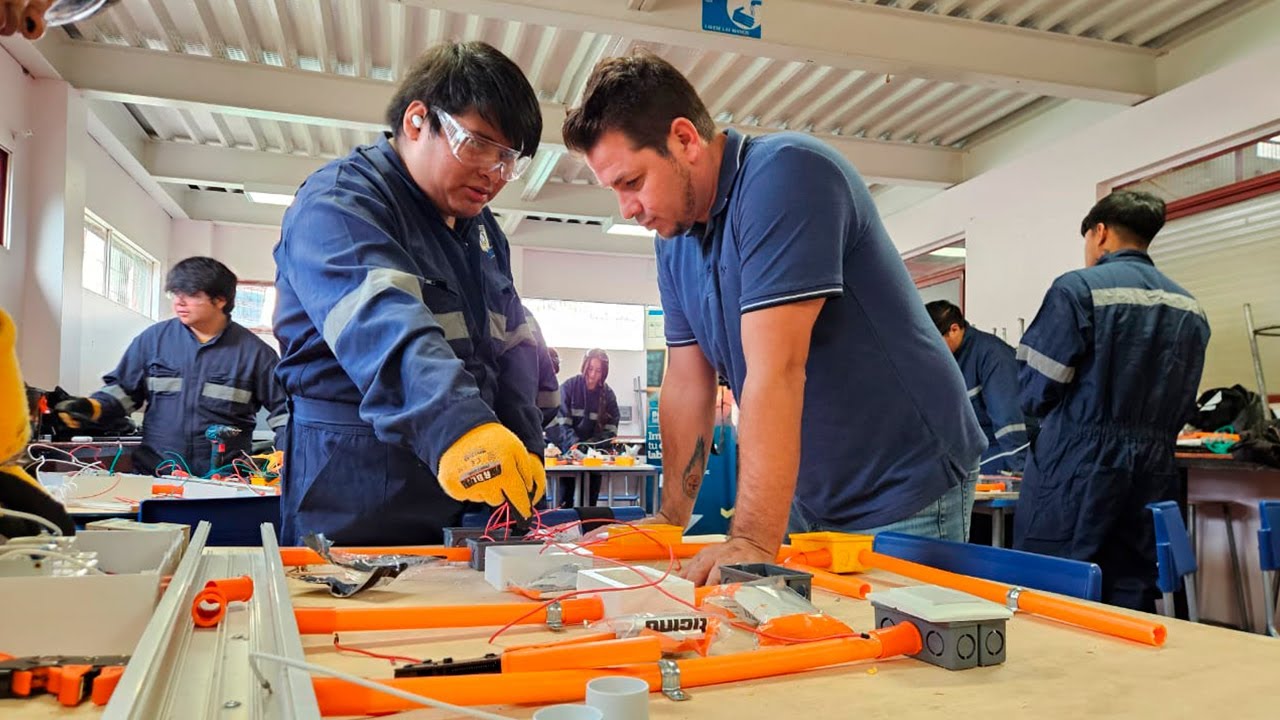Through its Training and Employability Program, more than 40 residents from the communes of Pica, Pozo Almonte, Alto Hospicio, and Iquique recently strengthened their skills in key areas required by the labor market, thereby contributing to boosting regional economic activity.
As part of its commitment to contribute to the sustained development of Tarapacá by building greater skills and capacities for future jobs, the Training and Employability Program of Collahuasi’s C20+ Project continues to position itself as a key tool for generating specialized labor.
Recently, 41 residents from the communes of Pica, Pozo Almonte, Alto Hospicio, and Iquique took part in job-readiness workshops, joining the more than one thousand participants who, over the past two years, have earned certifications in trades such as plumbing, electricity, welding, safety, construction, gastronomy, and pastry-making, thanks to the C20+ Project.
From this new group of participants, 21 young people received a dual ChileValora certification after completing a course in Low-Rigger and Crane Truck Operator, delivered by the Mining and Industrial Training Center (Cefomin) in Iquique. This training provided them with the knowledge needed to perform tasks related to warehousing, construction, and cargo lifting, as well as the skills to operate machinery equipped with articulated or telescopic cranes for loading, unloading, and transporting materials.
In addition, another 20 people completed a Class D Electricity course at the William Taylor Methodist School, which enabled them to take an exam accredited by the Universidad de Las Américas to obtain official certification from the Superintendency of Electricity and Fuels (SEC), qualifying them as residential electrical technicians.
María Luisa Arecheta, Senior Communities Supervisor of the C20+ Project, explained: “These training programs are an example of how, through collaborative work with local stakeholders, we can provide concrete tools that improve opportunities for formal employment in the region. Our goal is that each graduate not only acquires a specific trade, but also obtains the official certification to practice it, thereby contributing to reducing informal employment and strengthening the economic development of Tarapacá.”
Participants also valued the training opportunities. Marcelo Araya, an operator at a photovoltaic solar plant in the commune of Pozo Almonte, stated: “I have been working as an electrical technician for more than 10 years, but I had never been certified. This has been a great opportunity for self-improvement.” Meanwhile, David López, originally from Pica, said: “I always wanted to work as a rigger, so this is an excellent opportunity to grow as a person.”
The courses were implemented in strategic coordination with the Municipal Labor Information Offices (OMIL) of the four communes mentioned. At the same time, the C20+ Project continues to build more technical capacities at the regional level, working together with four local workshops and the Association of Metallurgical and Metalworking Industries (Asimet) to strengthen training in the metalworking sector.


